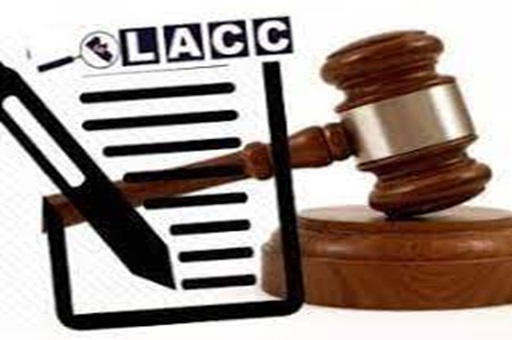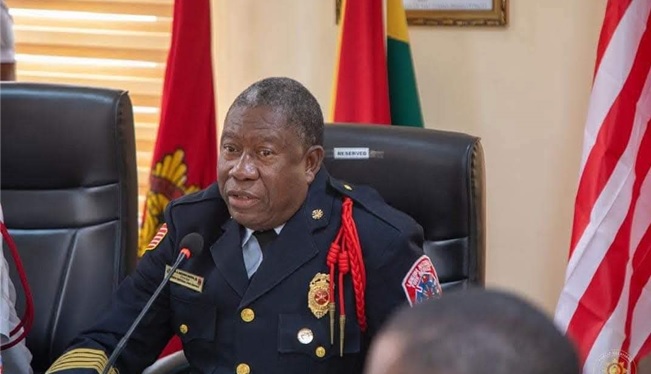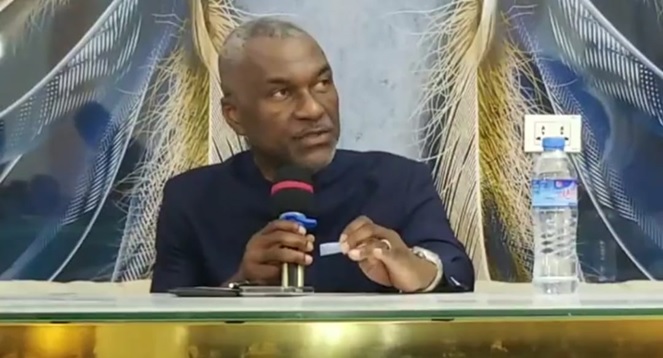MONROVIA – The Liberia Anti-Corruption Commission (LACC) is under renewed criticism over allegations of selective enforcement in its corruption investigations. Concerns are growing that the institution is prioritizing certain cases while ignoring others, raising questions about its impartiality.
Political analyst Vandalark R. Patricks has been vocal in his criticism of the LACC, accusing it of operating with a double standard. He pointed to the commission’s recent decision to probe the National Oil Company of Liberia (NOCAL) over suspected irregularities in the purchase of two vehicles and a $500,000 contract. While acknowledging the need for accountability at NOCAL, Patricks questioned why the LACC has remained silent on other major corruption scandals involving top government officials.
He referenced unresolved allegations, including the $22 million contract controversy at the Ministry of Public Works, financial misconduct within the Liberia Telecommunications Authority, and the Nikotech scholarship scandal tied to the Minister of Foreign Affairs. Additionally, he cited accusations against the Minister of State, noting that despite public outcry, the LACC has taken no visible action in these cases.
According to Patricks, the commission has deviated from its mandate of impartiality, instead functioning as a political instrument. He argued that rather than enforcing anti-corruption laws evenly, the institution appears to be protecting individuals with strong political ties while targeting others for investigation.
The LACC was established to strengthen Liberia’s anti-corruption framework, but critics believe its current approach is undermining public trust. Without consistent and transparent enforcement, the fight against corruption risks becoming a tool of political convenience rather than a genuine effort to uphold accountability.
Despite the accusations, the LACC has not issued any public response to Patricks’ claims. The agency, led by Executive Chairperson Cllr. Alexandra K. Zoe, maintains that its mission is to combat corruption, promote integrity, and uphold the rule of law. However, growing concerns over its handling of high-profile cases continue to fuel skepticism about its commitment to impartial justice.







